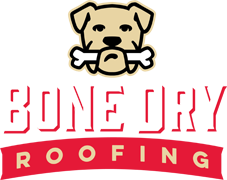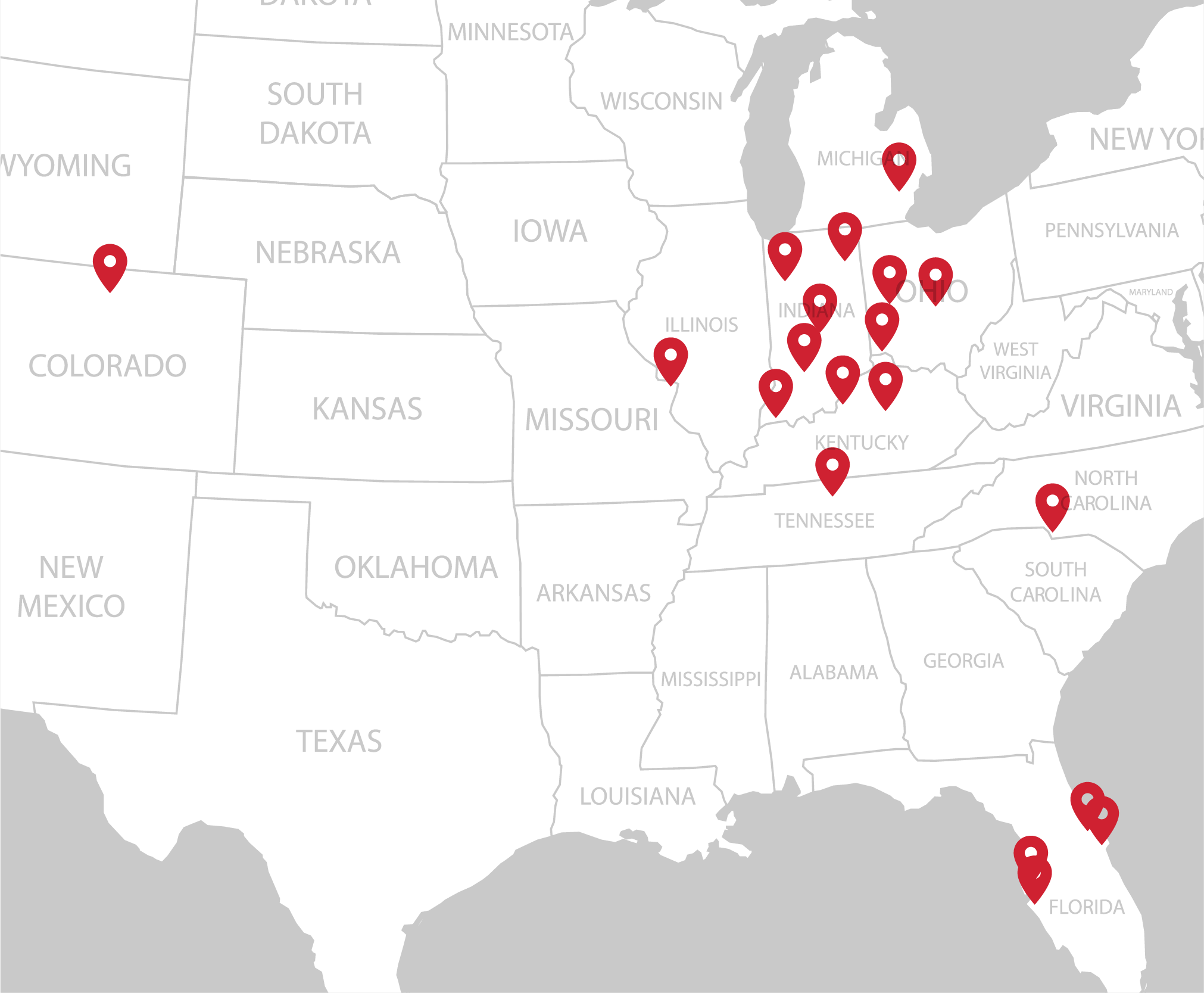Cincinnati, OH Attic Ventilation Services
Keep Your Home Comfortable with Proper Attic Ventilation
Imagine your attic – a dark, stagnant space. Now, picture it with fresh air circulating, keeping things cool in the summer and warm in the winter. Proper attic ventilation achieves just that, and it's crucial for a healthy and energy-efficient home.
At Bone Dry Roofing, we understand the unique climate challenges faced by your attic. That's why we offer expert attic ventilation services in Cincinnati, Ohio, to ensure your home breathes easily year-round. Reach out today for a free inspection and consultation about your attic’s ventilation.
What Does Your Home Need?
Attic Ventilation Solutions to Keep Air Flowing
To give you proper attic ventilation, Bone Dry Roofing installs a variety of ventilation solutions, including roof vents, soffit vents, and power vents.
Roof Vents
Roof vents are installed on the top of your roof to allow hot air to escape from the attic. This helps regulate the temperature and prevents overheating, which can damage roofing materials.
Soffit Vents
Soffit vents are located under the eaves of your roof and allow cool air to enter the attic. This influx of cool air helps push out the warm air through the roof vents, creating a balanced ventilation system.
Power Vents
Power vents use electric fans to actively pull hot air out of your attic. These vents are especially useful in larger attics or homes with significant heat buildup.
Hidden Causes of Roof Problems
Is Your Roof Trouble a Ventilation Issue?
Are you dealing with problems like warped shingles, excessive heat in your attic, or unexplained mold or moisture? These issues might seem like they could stem from roof damage, but they can actually be signs of inadequate attic ventilation.
At Bone Dry Roofing, our skilled roofing professionals can find the root cause of your roof problems and check if poor attic ventilation is to blame. We thoroughly assess your attic's ventilation system to identify any issues and recommend the best solutions. Signs of improper ventilation include higher energy bills, ice dams in winter, and a hot attic in the summer.
If you notice any of these issues, contact our team for an inspection. Our attic ventilation services in Cincinnati, OH, will enhance your home's energy efficiency, comfort, and overall roof health.
Building a Better Roof
Attic Ventilation Done Right With Every Roof Replacement
When Bone Dry Roofing replaces a roof, we ensure it has the proper attic ventilation. We begin by inspecting your current ventilation system and add more vents if necessary. Our process involves evaluating the attic's airflow, identifying any blockages, and determining the best type and number of vents required.
By addressing these factors, we help extend the lifespan of your new roof and enhance your home's energy efficiency. Bone Dry Roofing is committed to providing roofing solutions that guarantee your attic is properly ventilated.

Schedule Your Attic Ventilation Services in Cincinnati, OH
Proper attic ventilation isn't just about comfort—it's a smart investment in your Cincinnati home's health and longevity. Poor ventilation can cause excessive heat buildup in the summer, trapped moisture leading to mold growth, and costly roof repairs.
At Bone Dry Roofing, we are a family-owned and locally operated company with decades of experience serving the Cincinnati area. We understand the unique challenges of the local climate and its impact on attic ventilation needs.
Don't let inadequate ventilation compromise your home's comfort or cause future problems. Contact Bone Dry Roofing today for a free consultation on our attic ventilation services in Cincinnati, OH.
We'll help you improve air quality, lower energy bills, and create a healthier, more comfortable home for years to come!







